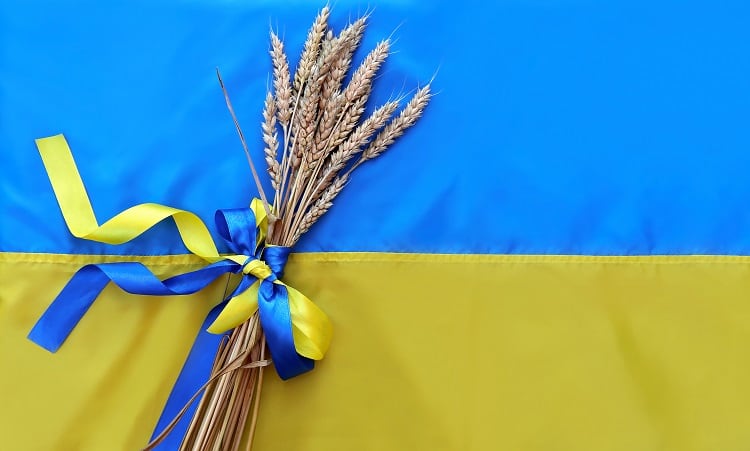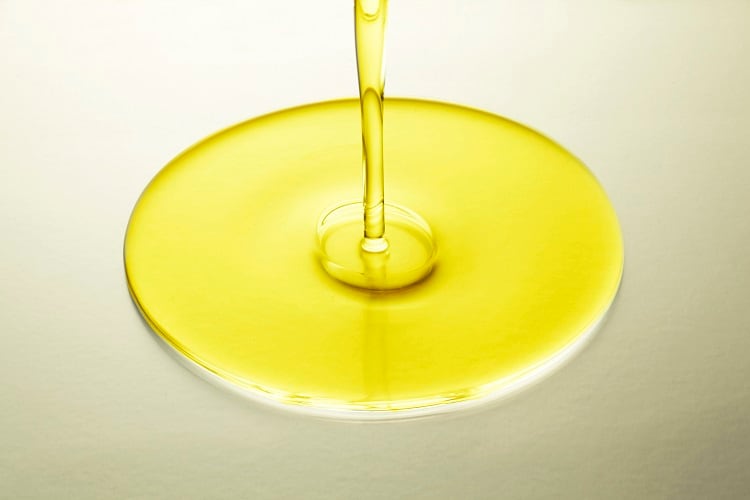The world is facing a global food crisis. According to the UN, the Ukraine-Russia conflict is a major driver of worsening food insecurity, particularly in poorer countries, due to inflated food prices.
From Ukraine’s perspective – a country considered the ‘breadbasket’ of Europe – Russia’s ‘aggression’ and Black Sea blockade is to blame.
And Ukraine is not alone, according to Taras Kachka, Ukraine’s Deputy Minister of Economic Development, Trade and Agriculture. “The majority of export states are saying the blockade of seaports in Ukraine is the cause of the jump in prices and lesser accessibility and affordability of grain.”
Kachka is calling for political action to ensure interoperability between Ukraine and its European neighbours, to help the ‘trade world’ operate smoothly and ‘bring food to the people’.
Russia blockades trade in Ukraine
Ukraine is a significant agricultural player. The country dedicates 70% of its land to farming and produces important quantities of sunflower, corn, soybeans, wheat, and barley.
Prior to Russia’s invasion of Ukraine in February this year, one of the country’s ‘competitive advantages’ was – and Kachka hopes ‘still is’ – its ‘efficient’ seaports for commodity transportation.
The vast majority of the 20m tonnes of wheat Ukraine exported last calendar year, for example, was exported by sea. It was a similar story for corn. “Out of the 24.6m tonnes exported, 24.6m tonnes were exported by sea,” the deputy minister told delegates at last month’s European Food Forum (EFF) event.
Ukraine’s ports of Mikolaiv and Odesa are ‘key’ for the export of wheat, sunflower oil and corn. “They exported more than 90% of all our food commodities,” explained Kachka.
But Russia’s blockade of the Black Sea is growing. Since its invasion more than three months ago, Russia has blocked hundreds of ships, Mariupol has fallen, and Mikolaiv and Odesa ports are currently under attack.
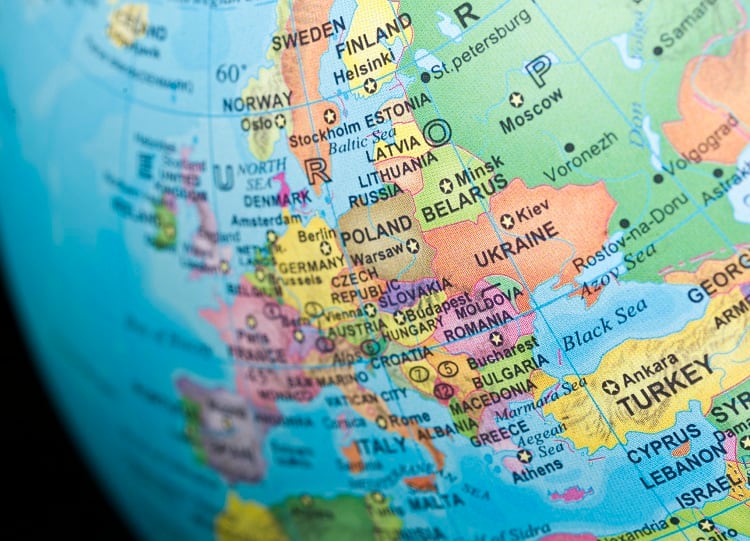
The deputy minister stressed that Ukraine continues to produce food. Ukraine has already planted 100% of the areas attributed to wheat production in 2021. In fact, Kachka believes only corn production will be less than in previous years.
“This is not only due to the occupation of certain areas in the south and east…but [due] to the fact that it is still very difficult to export our corn to markets where it used to be consumed.”
The deputy minister continued: “The key problem is logistics, not food production.”
Trains and ‘trade swaps’
So what’s the solution? As is stands, the only direction open to Ukraine for trade is via its western border.
By boat, Ukraine has access to the Danube Delta – the second largest river delta in Europe. The majority of this river lies in Romania, with a small section located in Ukraine. In terms of ports, Ukraine can use its ancient river port Kiliya.
“This port used to be used in Medieval times for the export of wheat, and now is actively used for the export of wheat and corn to the Black Sea and then to the Mediterranean,” we were told.
Ukraine is far from meeting its commodity export levels prior to Russia’s invasion, however. In February of this year, Ukraine exported around 4m tonnes of corn. Two months later, in April, it managed to export just 700 tonnes of corn.
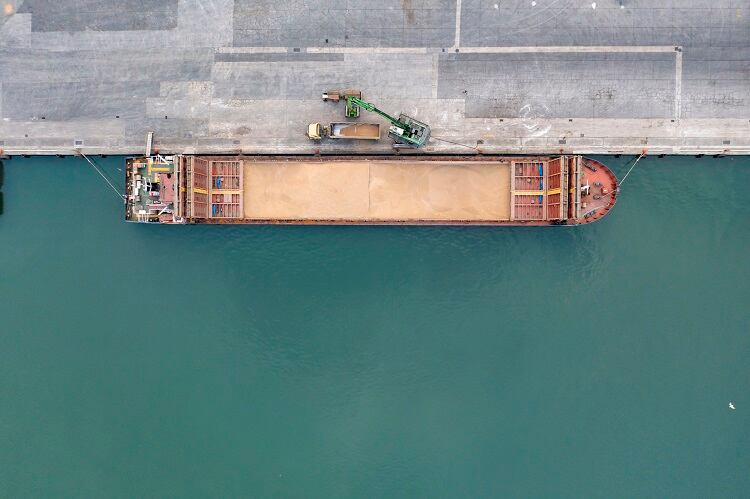
In response to Russia’s Black Sea blockade, Ukraine is turning to other modes of transport. The country has railway connections to neighbouring countries Romania, Slovakia, Hungary, and Poland, and hopes to move its commodities through these countries and onwards to their seaports, or seaports further afield.
Seaports of interest are located in the Baltic States, the Netherlands, and Romania.
However, a lack of interoperability between ‘railway connections’ is hindering Ukraine’s plans. “That’s why the actual figures of our grain has dropped by four-fold, and even more, in comparison with February,” the deputy agricultural minister told delegates.
Another option would be to transfer commodities through Lithuania and Belarus, which share interoperable railway systems with Ukraine. But the Kachka is wary: “Given the situation with Russia…no one can guarantee that Belarus will peacefully allow the transit of Ukrainian corn or wheat to Baltic seaports.”
Rather, Kachka is calling for interoperable railway systems with all its neighbours, and believes this solution is on the way. “Definitely, they will be more interoperable in several months, but not today.”
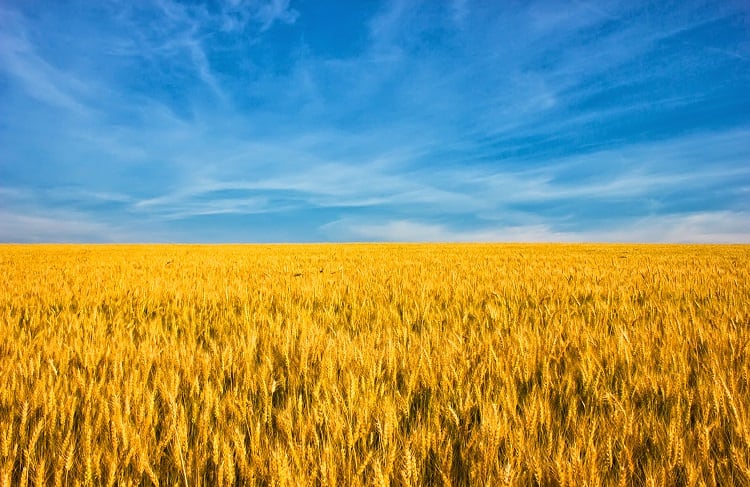
The country would also be able to export more if it engaged in trade ‘swaps’.
As it is easier for Ukraine to transport corn and wheat to neighbouring markets – such as Romania, Hungary, Germany, Poland, and Slovakia – yet more challenging to reach North- and Sub-Saharan Africa, the deputy minister suggested greater coordination between other producing countries could prove beneficial.
Kachka named EU Member States and North America as options for such trade agreements.
A call for political action
‘Interoperability’ for Kachka means more than just interoperable track gauges. It also means well-equipped borders that allow for cross-country commodity trade, and organised timeslots that allow locomotives to take Ukraine’s grain abroad.
Further, the ‘commercial setting’ of cross-border trade must be developed. This requires agreements between wagon owners, arrangements at seaports, and commercial agreements with all companies working within these new trade corridors.
“It is feasible to create these types of corridors, but to ensure [their functionality, you need] really good coordination and support…from Ukraine to seaports all over the EU.”
Kachka believes the capacity to transport grain to European seaports will grow in a geometric progression, but lamented capacity is ‘still far’ from Ukraine’s pre-war export scale.
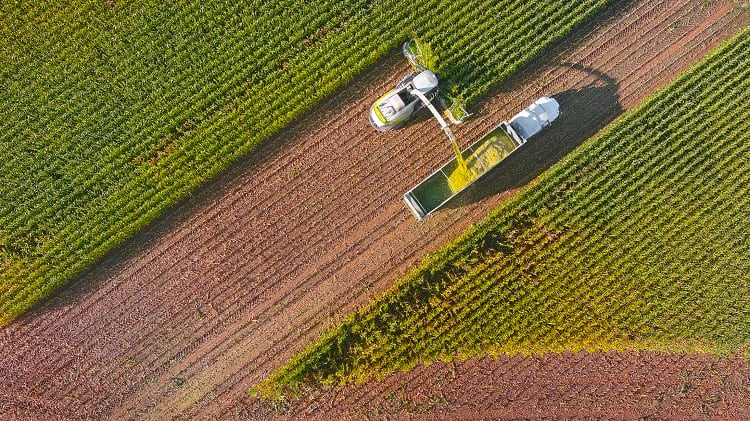
To advance Ukraine’s trade capabilities, and in turn, ease global insecurity, the deputy minister stressed ‘political support’ is required.
“Without political support, this commercial dimension for making these corridors will take more time…because it involves a lot of regulatory authorities and a lot of stakeholder enterprises.”


